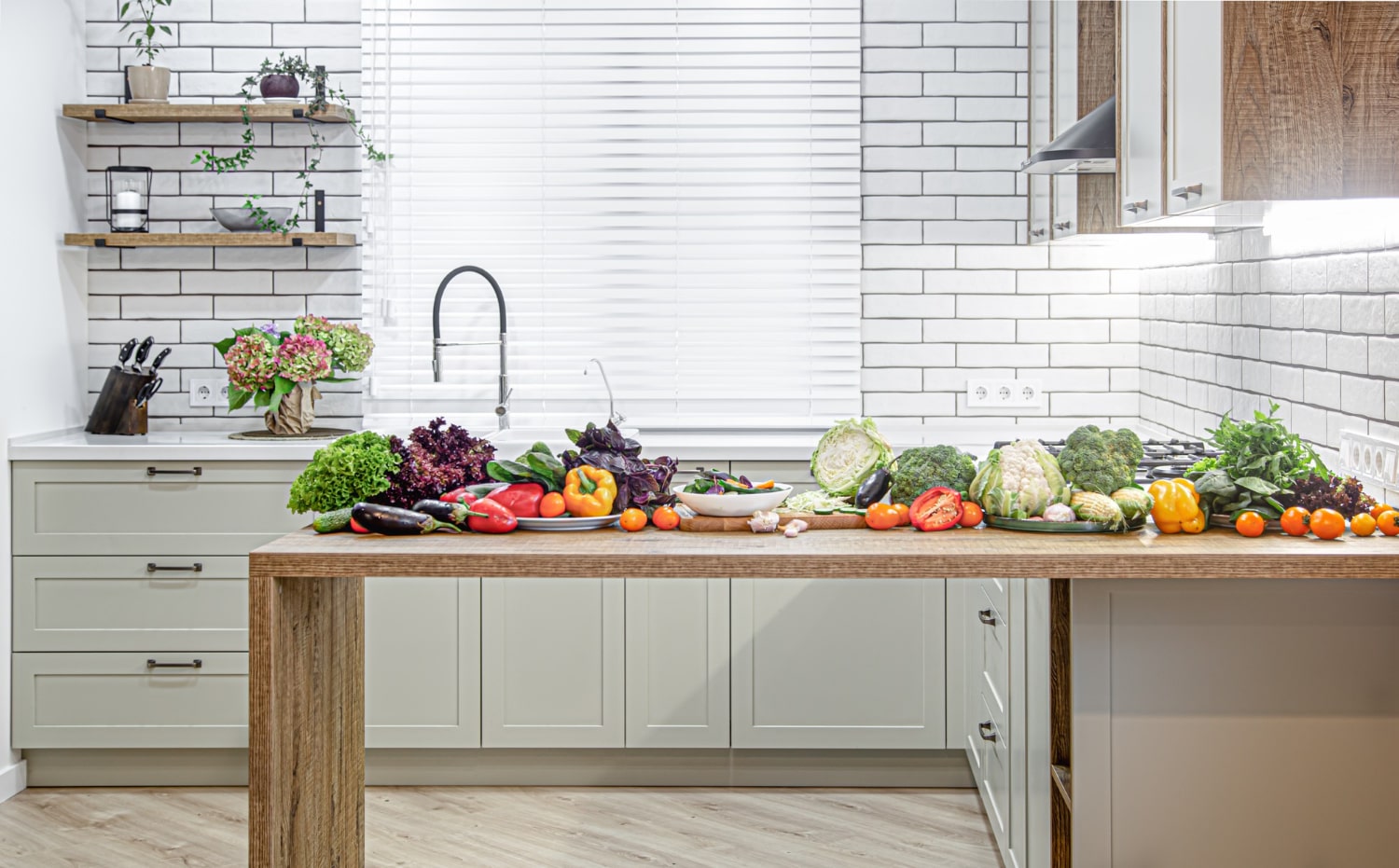
From sustainability to financial perspectives, food waste is a serious matter. It's an environmental issue that has reached a global scale, posing harmful effects to the way the climate behaves. And if you estimate all the food wasted each year, it goes down to more than a billion tons of food that could have been consumed but ended up in landfills instead.
Food waste is one of the most underrated global issues, but more than $1 trillion worth of food is being wasted per year because of this issue. In the following, we'll be discussing ways to store your ingredients at home to avoid food wastage.
Overview: The Problem of Food Wastage
Billions of tons of food are being wasted each year and, yet, it's not an issue that's currently being prioritized today. The world seems to think that there will always be a constant flow of food provided in each home, but this isn't the case. Approximately 690 million people all over the world go to bed hungry, and food waste is just making the statistics of world hunger and malnutrition rise.
The United Nations claimed that if food waste was reduced even by just 25%, there would be an adequate amount of resources to feed the malnourished. While it's a global problem, other factors pave the way for unintentional food loss, such as a lack of awareness that you're throwing away or wasting food.
This is why one of the United Nation's top priorities by 2030 is to cut the number of global food waste by half. Reducing food waste also cuts back on financial expenses. The amount of money wasted on food alone is enough to feed 2 billion people. All things considered, it's crucial to start paying attention to food wastage and how you can do your part in reducing the numbers even in simple ways.
7 Ways to Store Ingredients to Prevent Food Wastage
1. Buy Only What You Need
The best way to avoid wasting food is by buying only essential items. Granted that it can be tempting to fill your shopping cart with various food items when you're in the grocery or market, avoid giving in to that tendency unless you are certain you need them.
A useful technique here is to write down a list of essential ingredients, so you'll be forced to stick to that list—and nothing more. Think of your limited kitchen space and how it's best to prioritize the items that will fit in your kitchen and prevent spoilage that comes from not being able to store food properly.
2. Have a Cool, Dry Storage Space
Fruits and vegetables contain different gases. When stored together, their composition can cause other food items to deteriorate faster. This is why it's advisable to store fruits and vegetables of the same categories together and provide a cool and dry storage space to store them. According to UC Davis Postharvest Technology, refrigerating fruits and vegetables can cause cold damage or prevent ripening in a way that makes them lose their flavor and other qualities.
3. Keep Containers Tightly Sealed
When you're in a rush, you tend to leave certain containers open. This mistake can lead to food spoilage easily. If you have the resources, use airtight containers to ensure that your grains and leftovers are safe from spoilage and wastage.
4. Organize Your Refrigerator
We don't always have the time to organize our refrigerator, but it's a must in taking inventory of the food that's about to become spoiled. Organizing your refrigerator ensures that you see older leftovers first and that you can check inventory properly before heading to the grocery or market to restock on items.
5. Utilize the Crisper Drawer
An incredible life hack to prevent food waste is to store fragile food such as leafy vegetables in sealed bags with paper towels to lengthen their lifespan and encourage their freshness. Vegetables are one of the fastest food types to spoil, which makes this hack very useful.
6. Freeze Food To Help Them Last Longer
Your freezer can prevent so many foods from being spoiled such as bread, fruits, and vegetables. Your freezer doesn't just keep meat and poultry fresh, but it lengthens the lifespan of certain foods that's prone to spoilage and mold. You can check the complete storage chart of food items by category in FoodSafety.gov.
7. Be Mindful of Shelf Life
Be wary of the shelf life of the ingredients in your pantry or kitchen. Check the expiration dates of the ingredients you have stored, paying attention to the ones that you need to use immediately before complete spoilage.
Minimizing Food Waste
Food waste is a common global problem, which can be reduced by doing your part in preventing spoilage in your household. You must be more mindful of aspects like how you store food together and whether or not you're storing leftovers properly. It's simple actions like these that can prevent food wastage, even if it's just within your household.
Written by Mykie Conception
About the Author
Mykie Concepcion is a marketing professional from Smeg Philippines, an Italian kitchen appliance brand. In her free time, she enjoys channeling her creativity through writing about home and lifestyle.
You may also like
6 Ways to Bring Sustainability to Your Everyday Life
Water Conservation: Key Facts and Reasons to Save More Clean Water
Easy Ways to Live a More Eco-Friendly Life
Why Organic Foods Are Good for Mother Earth
